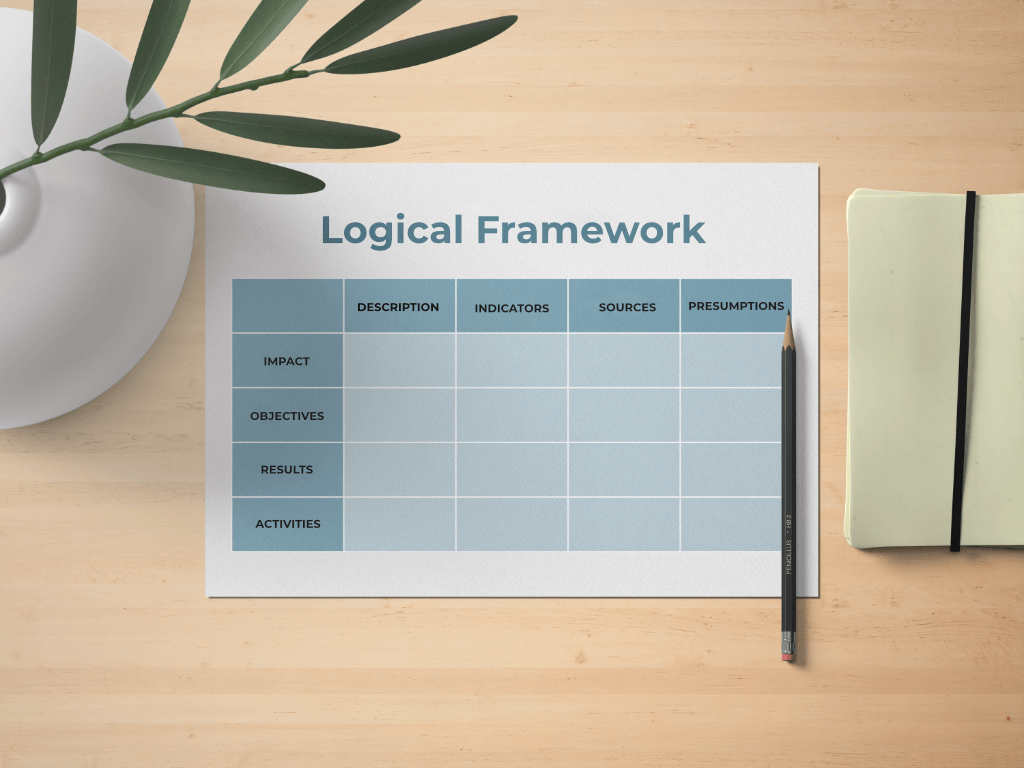Corporate volunteering has emerged as an alternative for bringing companies and their employees closer to their communities. It is an action that can contribute to an organization’s ESG (environmental, social and governance) strategy and its positive impact.
But to run a volunteer program in a company, you first need to understand its concepts, agents, benefits and responsibilities.
What is Corporate Volunteering?
A very common practice in the United States, corporate volunteering has been gaining momentum in Brazil since the 1990s. It is a movement in the corporate world that takes place within the context of the emergence of conscious capitalism, socio-environmental governance and the recognized need to align business practices with the Human Rights standards and Sustainable Development Goals advocated by the United Nations.
According to the Brazilian Council for Corporate Volunteering, corporate volunteering “is a corporate social responsibility initiative aimed at encouraging, organizing, supporting and recognizing voluntary actions of citizen participation by its professionals and other stakeholders for the benefit of society.”
In 2020, in the midst of the pandemic, the market recognized the affirmation of ESG in the corporate world and in 2021 there is already talk of a transition from shareholder capitalism to stakeholder capitalism in which companies can no longer ignore the environmental, social and governance impact they have on their communities and must accept being increasingly open and transparent to society, investors and the government as a whole.
Within this context, corporate volunteering has become a fundamental practice for bringing companies closer to the communities they serve and are part of, while at the same time enabling their employees to act with purpose in achieving a better life and society for all.
Agents of corporate volunteering
A Corporate Volunteering Program is made up of three main agents:
- Volunteer: any employee who volunteers to generate a positive impact either through actions or by making resources available to third parties free of charge and without remuneration.
- Beneficiaries: all those who benefit from the positive impact generated by the employee, which can be either the benefiting organization or the community of which it is a part.
- Company: the organization managing the Corporate Volunteering Programme
Benefits of corporate volunteering
A corporate volunteering program has several benefits for each of its agents. Below we list the main benefits for each of them.
Employees:
- Develop their personal and professional purpose by generating a positive social impact in the community.
- Developing personal and professional skills and competencies.
- To be recognized by the internal and external public and the community for the actions carried out and achievements made.
- Broaden your world view.
- Engage with the community.
Beneficiaries:
- Access to qualified professionals willing to work for the cause of generating positive social impact.
- Access to technical and professional knowledge, resources, methodologies and technologies offered by the company.
- Expansion of the beneficiaries’ network of personal and professional contacts.
- Generation of positive social impact in the community through the Program’s actions.
Company:
- Employees more engaged and aware of the company’s social role.
- Employees in a constant process of developing new skills.
- Improved organizational culture and climate.
- Improved relations and integration between employees.
- Improved brand positioning in the eyes of society, the market and the communities in which the company operates.
- Strengthening of the company’s positive socio-environmental impact.
Rights of the Corporate Volunteer
The rights of employees in the Corporate Volunteering Program are:
- To have their dedication, availability and donated time respected.
- To be free to negotiate the conditions of their work whenever they wish.
- To receive support, in the form of training, monitoring and evaluation, in the actions they propose to carry out within the Program.
- Develop actions within the Program that value their ability according to their knowledge, experience and interests.
- To be recognized and encouraged for the actions carried out and achievements made within the Program.
- To have a work environment that is favorable and appropriate to the volunteering proposal.
Responsibilities involved in corporate volunteering
In order for a corporate volunteering program to generate the intended benefits, each agent must fulfill certain responsibilities. Below we list the main responsibilities for each of them.
Employees:
- Act in accordance with the rules of a Volunteering Manual, if applicable.
- Act in good faith when carrying out actions within the Program.
- Protect the company’s name and brand before, during and after carrying out actions within the Program.
- Comply with agreements with the beneficiaries and the company.
- Only commit to what you can achieve.
- Recognize the absence of an employment relationship as a result of volunteering.
- Respect colleagues and communities, their values and beliefs, refraining from any discriminatory attitude.
Beneficiaries:
- Act in good faith when welcoming volunteers into the Program.
- Ensure the integrity of employees before, during and after carrying out actions within the Program.
- Protect the company’s name and brand before, during and after carrying out the actions within the Program.
- To provide the data and conditions necessary to fully carry out the Program’s activities.
- Acknowledge the absence of any employment relationship arising from the volunteer activity.
Company:
- Provide adequate training and guidance for the development of employees in the activities they will carry out within the Program.
- Provide ways of identifying the volunteer during the actions within the Program.
- Provide food and travel when necessary during actions within the Program.
- Set up a committee responsible for monitoring and guiding the actions carried out within the Program.
- Ensure that monthly and annual meetings are held regularly, organized and recorded in the minutes.
- Set up a democratic election process for the members of the committee responsible for the Program.
- Identify the members of the committee to the internal and external public.
- Create instruments for official recognition of volunteers and actions taken.
- Acknowledge actions taken and achievements made by employees within the Program to the internal and external public.
- Correct actions carried out outside or contrary to the Program’s mission, vision, values or objectives through penalties or other appropriate actions.
Whatever your company’s Corporate Volunteering Program is, it’s important to integrate it with an ESG strategy that can enhance the positive impact it generates.
Want to know more about ESG? Read our blog post.






